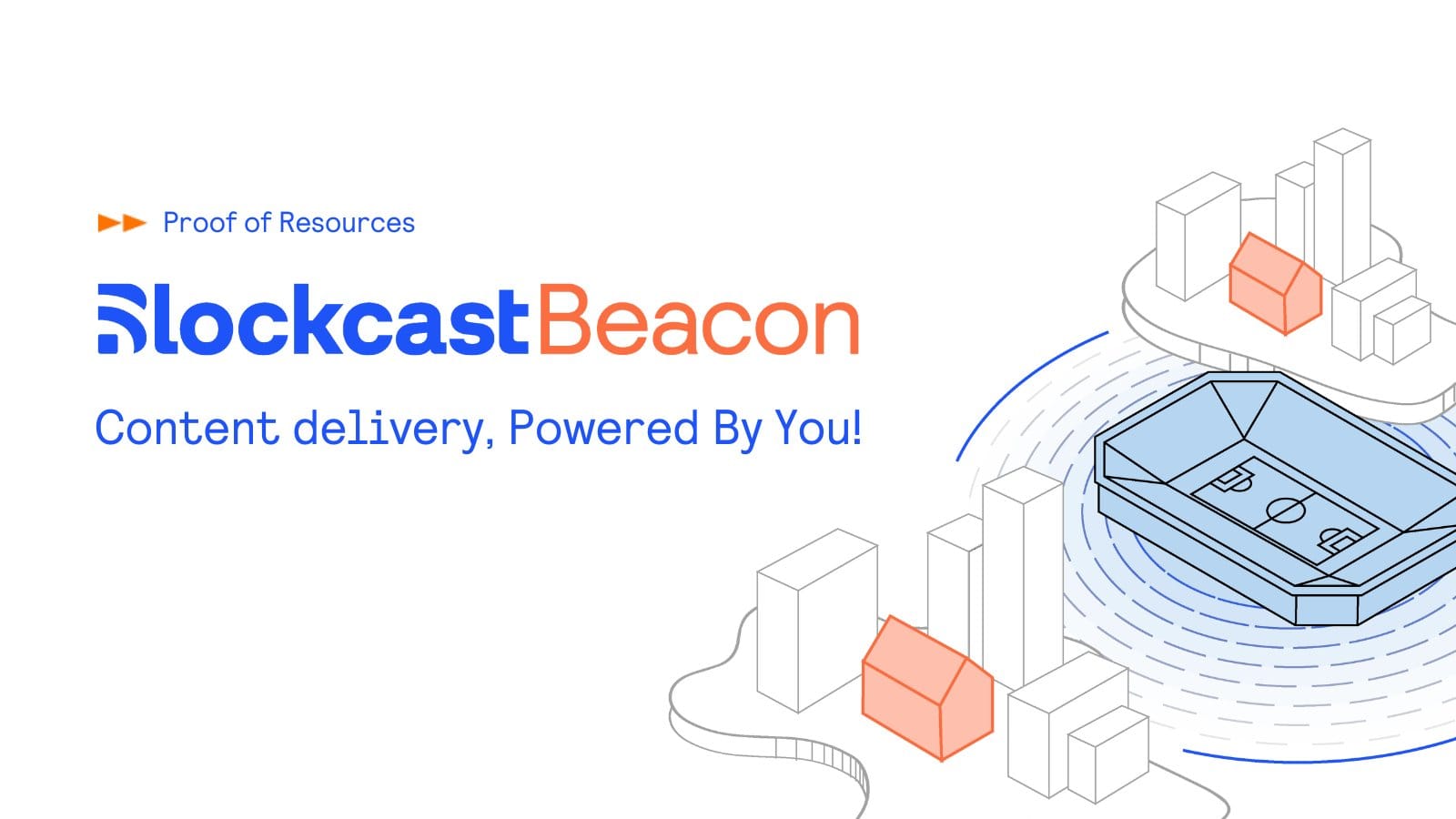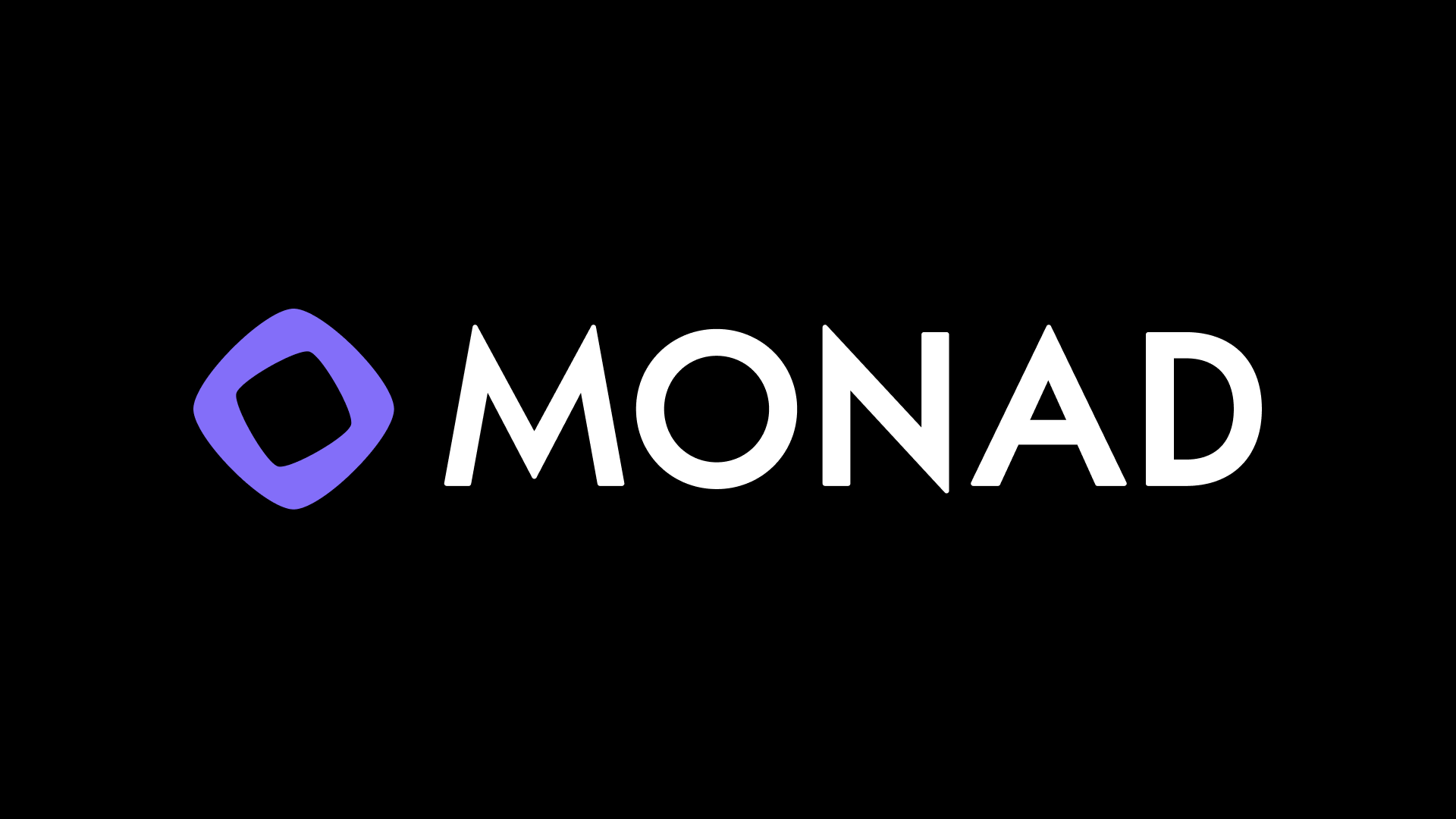Rivalz Nodes
Posted on August 6, 2024 by Admin

Overview
The Rivalz project has two main types of nodes: Validator zNodes and Light rClients. Here are the functions of each type:
1. Validator zNodes:
- Function: Validator zNodes are responsible for tracking the inflows and outflows of data in Rivalz's DePIN (Decentralized Physical Infrastructure Network) layer. They also monitor and flag malicious behavior from other rNodes within the network.
- How it works: Users are required to purchase license keys to operate zNodes. These licenses will be distributed through an upcoming Node Sale, with special access given to Dymention stakers.
- Benefits: zNodes help ensure the security and transparency of the system, as well as control and maintain the integrity of data within the ecosystem.
2. Light rClients:
- Function: Light rClients allow users to contribute data storage space from their devices to the network.
- How it works: Users can upgrade their rClient with $RIZ (Rivalz token) and add computational resources to the ecosystem, which in turn will offer them greater benefits.
- Benefits: Light rClients do not require a license key and are available for anyone to join and participate in the network. They help expand the network by leveraging resources from the community, contributing to data storage and processing.
Details
Light rClients - Worker rNodes
rNodes have been specifically built with ease of use in mind. It should take you around 2min to install, run and setup your rNode.
The final reward calculation for each rClient is based on a weighted average of these factors, using the following formula:
R=[(0.6∗AS)+(0.2∗NCPU)+(0.1∗NRAM)+(0.1∗IS)]∗X(UM)
Where:
- R = Reward
- AS = Allowed Storage
- NCPU = Normalized CPU
- NRAM = Normalized RAM
- IS = Internet Speed
- UM = Uptime Multiplicator
This formula ensures that rClients with better performance, higher uptime, and more resources allocated to the network receive higher rewards.
Validator zNodes
Validator zNode Owner Benefits.
- 2% of Total Supply Airdrop at TGE.
- 25% of Total Supply in network rewards emissions over 2 years for active zNode Owner Participants.
- 25% of tokens reserved for zNodes that are burnt will be reallocated to zNode owners as additional emmissions.
- Reward capture through Worker rNode POS slashing.
- Airdrops of AI applications built on Rivalz.
- Reward share from Rivalz Eigen AVS.
Highlights
- Total Token Supply Available for zNodes: 25% + 2% (Airdrop)
- Total zNodes: 37,000
- Tokens per zNode: 33,783 $RIZ
- Emission Schedule: 2 years emissions post Mainnet Launch
- Token Ticker: $RIZ
- Rewards: Launch + Trust System
- Community WL Node Sale: WL can be earned by participating in the Rivalz Incentivized Testnet or through partnered Communities, Launchpads, and KOLs.
How to Get a zNode
Once the node sale starts it will happen across 5 different waves. Waves will last about 10 days each and with each new wave, more partners and their communities will get whitelisted to participate in the node sale. Being whitelisted in one wave allows participation in any subsequent waves.

How can I have a chance to get on the whitelist and buy zNodes?
- Participate in the Testnet: Joining the Intel Incentivized Testnet is the easiest way to get whitelisted for the upcoming zNode sale. You can join the Testnet for this opportunity.
- Partnered Communities and KOLs: There will be 5 different waves, each lasting about 10 days, and during each wave, new partners and their communities will be whitelisted for the zNode sale.
- Goldpasses: Owning Goldpasses allows you to be whitelisted and gives you the chance to purchase a zNode at the Tier 1 price. You can participate in the Testnet, join the Rivalz community, or keep an eye out for KOL and partner giveaways to obtain a GoldPass.

GoldPass: Each GoldPass provides exclusive access to the whitelist for purchasing Rivalz Validator zNodes.
Limited Quantity: A total of 9,000 GoldPass SBTs (Soulbound Tokens) will be issued, and they will be distributed through Rivalz’s internal campaigns and strategic collaborations with partners and Key Opinion Leaders (KOLs).
Benefits: GoldPass holders will have the right to purchase a zNode Validator Key Licence at a fixed Tier-1 price. This system is designed to provide the community with a stress-free buying environment and low entry price during the zNode sale event.
After acquiring a zNode, you have the option to either hold or burn it when the TGE (Token Generation Event) occurs.
- Hold the zNode: If you choose to hold the zNode, you will receive rewards from staking $RIZ, including ecosystem rewards, airdrops from projects within the Rivalz ecosystem, and other benefits.
- Burn the zNode: If you choose to burn the zNode, you will receive 50% of your reserved $RIZ tokens immediately at TGE. The remaining half will be split, with one portion going to the Ecosystem Pool and the other half increasing the reserved $RIZ for those who hold. However, if you opt to burn the zNode, you will not be eligible for the long-term benefits such as additional airdrops from other projects within the ecosystem.
Top post

Blockcast: Accelerating the Internet, Connecting the World
What is Blockcast? Blockcast is a next-generation Content Delivery Network (CDN) that uses multicast technology to address bandwidth challenges in the era of booming streaming. Born at UC Berkeley, the project aims to build a decentralized network that leverages community power to deliver high-quality content like 4K and 8K globally while slashing costs for providers. With the slogan "Content Delivery, Powered By You!", Blockcast is not just a technology but an ecosystem where anyone can parti
June 2, 2025

Analysis of Nockchain: A ZK-Proof-of-Work Blockchain
Introduction to Nockchain In the fast-evolving world of blockchain, Nockchain emerges as a unique project aiming to revolutionize decentralized computing. Founded in 2023 in Berlin, Germany, Nockchain is a high-throughput blockchain leveraging a Zero-Knowledge Virtual Machine (ZKVM) and a novel ZK-Proof-of-Work (ZKPoW) consensus mechanism. With its native token, $NOCK, and a promise of a fair launch, Nockchain has sparked interest in the Web3 community. However, controversies at its mainnet lau
May 29, 2025

Monad: The Future of Layer 1 Blockchain with Unparalleled Performance
As the blockchain industry continues to evolve, Monad emerges as a promising Layer 1 (L1) blockchain, delivering exceptional performance and scalability. Aiming for 10,000 transactions per second (TPS), a block time of just 0.5 seconds, and full compatibility with the Ethereum Virtual Machine (EVM), Monad is capturing the attention of developers and users alike. Let’s dive into the details of this groundbreaking project and discover how you can get involved today! What is Monad? Monad is a La
May 12, 2025

Drosera Network: Revolutionizing DeFi Security and How to Run a Node
Decentralized Finance (DeFi) has transformed the financial landscape, but with great innovation comes great risk. Since 2014, DeFi protocols have lost nearly $80 billion to exploits, highlighting the urgent need for robust security solutions. Enter Drosera Network, a decentralized security protocol built on Ethereum that aims to safeguard DeFi ecosystems through automated threat detection and response. In this article, we’ll dive deep into what Drosera Network is, why it matters, and provide a s
April 20, 2025

Gensyn: Revolutionizing AI Compute and Guide to Running a Node
Introduction to the Gensyn Project Gensyn is a decentralized Machine Learning Compute Protocol designed to connect global computing resources into a supercluster tailored for artificial intelligence (AI). Developed by a UK-based team, Gensyn aims to reduce the costs of training AI models, increase accessibility for researchers, engineers, and academics, and ensure transparency and censorship resistance through blockchain technology. Goals and Vision * Cost Reduction: Gensyn claims it can cu
April 14, 2025

Pipe Network: The Future of Decentralized CDN and Opportunities from the Node DevNet 2 Program
In the digital era, where the speed of content delivery is a critical factor, content delivery networks (CDNs) have become indispensable in ensuring a seamless user experience. However, giants like Cloudflare and Akamai, while powerful, remain constrained by their traditional centralized models. Enter Pipe Network—a decentralized CDN built on the Solana blockchain—emerging as a fresh contender promising to revolutionize how we approach content distribution. Notably, its current Node DevNet 2 pro
March 18, 2025